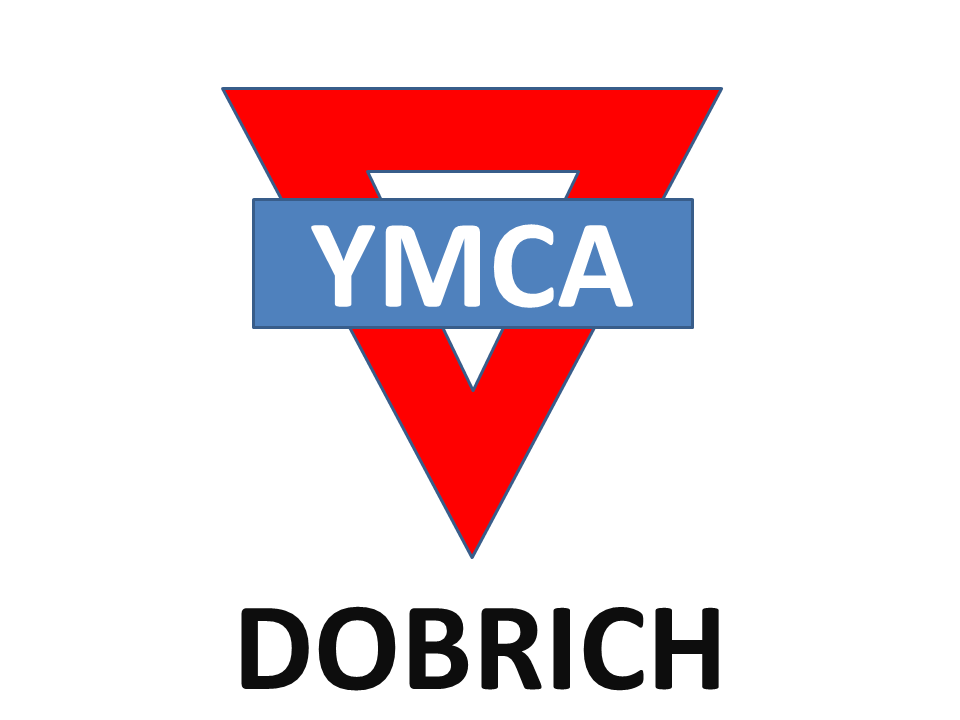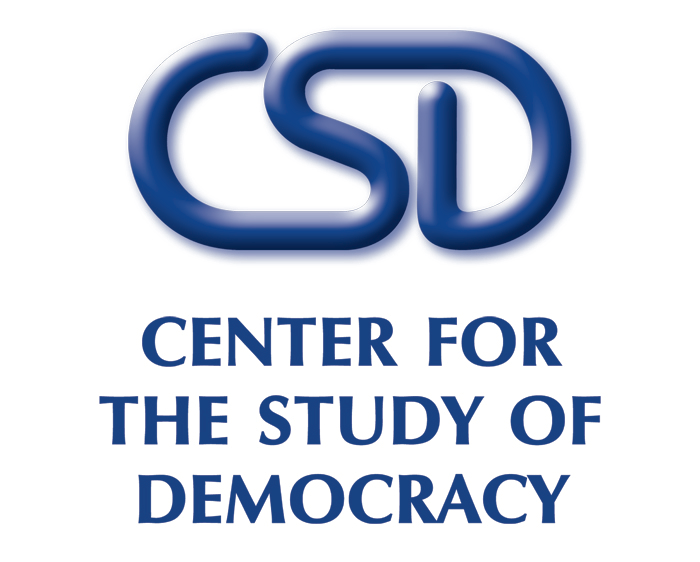Preventnet - Prevent the radicalisation of young people!
The main aim of the PreventNet international project is to raise awareness and support professionals in finding effective solutions.
Today's young people face many dangers: hatred of difference and minority groups, violence, addictions, self-destruction, etc. In order to ensure the stability of society and to protect young people and prevent the development of threats that could lead to extremist behaviour, we must be aware of these dangers and be ready to take appropriate steps to prevent and intervene.
What was the aim of our PreventNet project?
- capacity building for youth workers in education and social work
- helping young people to become resilient to hatred and radicalisation and to develop their capacity to build a peaceful society
- raise awareness of the importance of the issue, initiate inter-organisational dialogue between professionals and other stakeholders and gain more allies, even non-traditional ones, for preventive work
- targeted dissemination of Central and Eastern European perspectives and approaches in international prevention networks
What activities did the project cover?
- Collecting and publishing good practices on the prevention and management of radicalisation and developing training materials for international knowledge exchange
- International training for youth professionals and implementation of selected good practices with young people
- PreventNet training on preventing radicalisation for professionals working with young people
- Organising round tables to strengthen cooperation between youth organisations, professionals and policy experts
What are the expected results?
- Professionals working in the field will be better equipped to prevent and deal with intolerance and hatred of difference among young people
- Best practices in Central and Eastern Europe on this topic, not yet widely known, are becoming more visible
- Strengthening cooperation between organisations and professionals/experts in the field
- Young people develop their social and cooperation skills and become more resistant to hatred and radicalisation
What have we done so far in Hungary?
- Participation in the collection, selection and evaluation of good practices
- We organised a 2 and a half day PreventNet training for Hungarian youth professionals led by trainers from German Cultures Interactive, which gave them the tools to better identify, prevent and deal with different forms of hate and discrimination against difference
- We held a round table discussion entitled "Anti-radicalism Policy Cafe", with the aim of establishing closer cooperation between professionals working with young people - teachers, social workers, psychologists, etc. - and policy experts to prevent and tackle radicalism.
- The Hungarian team took part in the 5-day PreventNet Summer University in Ruzomberok, Slovakia, where we exchanged good practices on preventing and dealing with hate, discrimination and radicalism against diversity. As part of this, we provided training to our international partners on the use of mediation and restorative methods in the field.
- Trainers from Partners Hungary Foundation, as well as teachers and other professionals working with young people, have been trained to deliver experiential sessions to teenagers to sensitise them to radicalism, prejudice and hate speech. It is important to be able to talk about difficult issues, and we have been given methodological tools to do this.
- We also tested the methods with two groups of secondary school students. We worked for five days with young people aged 14-18
- We have collected the good practices in a booklet, download for free: Preventnet good practices
Claim online a hard copy of your own by 20 December, which we will mail to you for free!
This was the reason given by a participant in the PreventNet training for giving a maximum score in the evaluation of the event:
"The training has given me a great boost, motivation and success, which will make me more effective and confident in my work."
How did we close the programme?
Partners Hungary Foundation and the Budapest Center for the Prevention of Mass Atrocities, which participated in the project from the Hungarian side, organized a virtual roundtable as a closing event of the project, which provided an opportunity for activists and theoreticians to exchange views on challenges, challenges to be addressed and ways to strengthen cooperation.
- In addition to the exciting presentations, the programme also included lively and meaningful panel discussions. As part of the morning programme, Dániel Berg, Deputy Mayor of the Second District, Zoltán Hegedűs from the National Youth Council, Bálint Jósa from the Subjective Values Foundation and András Nyirati from the Network of Human Rights Educators exchanged views on the roles and cooperation opportunities of politicians and NGOs in the field of preventing radicalism.
During the exchange of experiences, the panellists made it clear that, despite their naturally different perspectives, the different sectors share the same concern to address the radicalisation of youth, to strengthen prevention and cooperation, and to regularly exchange views, information and experiences between government and civil society. They also expressed their willingness to continue the dialogue that has been initiated. - In the afternoon, we discussed, among other things, the controversial book Fairyland for All and its reception. We invited Dorottya Rédai from Labrisz Association, the project leader, Annamária Kádár, a fairy tale psychologist, Boglárka Nyúl, a social psychologist, and Mária Vásárhelyi, a sociologist, to the panel to get a clear and accurate picture of the topic. The experts agreed that the book, far from being harmful for young people, is very useful, as it can introduce them to a more diverse world, closer to reality, which can contribute to developing their openness to accepting difference and their social sensitivity. For young people from minority social groups, it is also important to develop a positive self-esteem. The "scandalous" reception of the book has also had a positive effect, as it has increased its popularity and is therefore likely to reach many more people.
" The book confirms that we are not all the same, we can take completely different paths and that's absolutely fine". Annamária Kádár
One participant's opinion on the event:
"I liked the interactivity the most. I got a lot of good ideas and valuable contacts".
2018 October - 2020 September
Partners
The Anti-discrimination Education Society, PL
Ratolest Brno, CZ
REACH Institute, SK
Partners for Democratic Change Slovakia, SK
Centre for Community Organizing, SK
Partners for Democratic Change Hungary, EN
Budapest Centre for Mass Atrocities Prevention, EN
YMCA Dobrich, BG
Centre for the Study of Democracy, BG
Funding
The project is funded by the European Union Rights, Equality and Citizenship Programme (2014-2020) and the Visegrad Fund.


